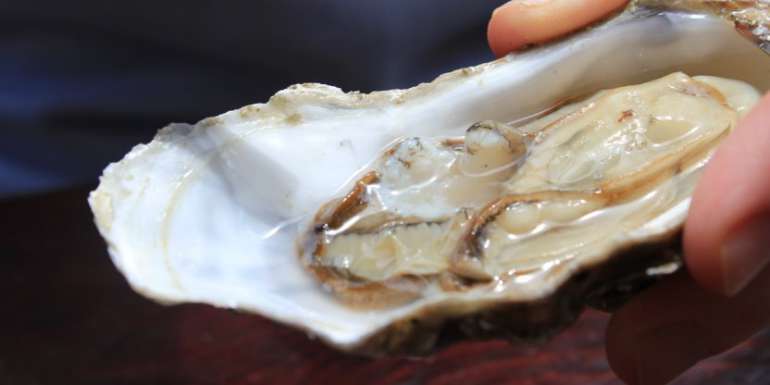Oysters are as nourishing as they are delicious…for humans. What is often a meal of high nourishment to us is not the same for our canine friends. Cats are just as sensitive as they are adorable. Their stomach might not be able to tolerate what seems trivial to them, especially when it comes to seafood.
What are oysters?
To put it simply, they are the shells of the beautiful pearls that you wear as an ornament. However, they have been part of the seafood people have been relishing for centuries. To make it more interesting, oysters have various tastes depending on what part of the world they are from. They range from being sweet to creamy and even salty. This classification makes them the most diverse of all other kinds of seafood.
What sustenance properties do oysters contain?
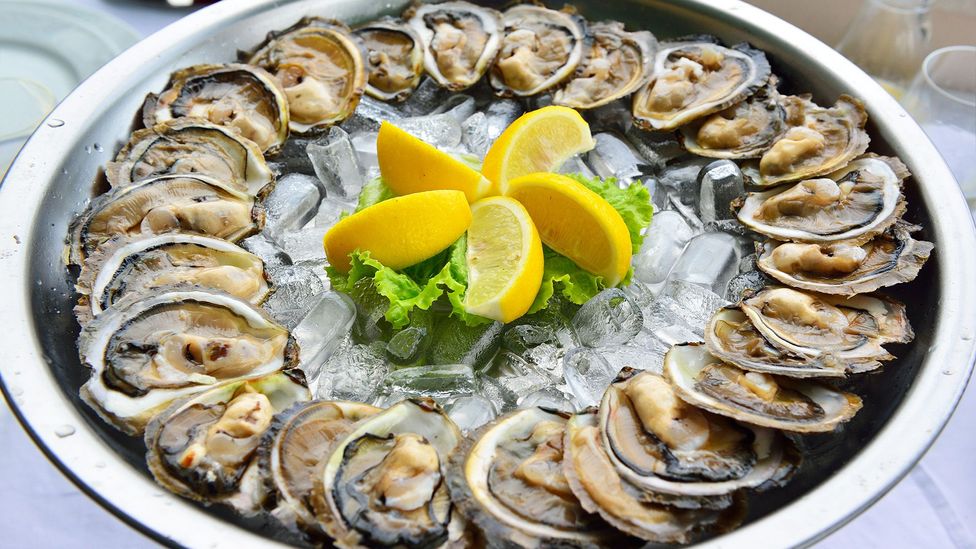
For humans and cats, one of the most attractive features is that oysters do not contain fats. It is a meal you can dine in quickly without having to worry about not fitting in your jeans. Not only this, but it is also a rich source of protein and other supplements like iron and zinc. One might consider it to be the best meal for a cat. No risk of growing obese, rich in nutrients and a savory delight as well, what more could a cat ask for?
Can cats eat an oyster?
All that glitter is not gold. There is no doubt that oysters can be considered the seafood version of a granola bar. At the same time, it is also true that they have other contents that may be toxic or gravely damaging to the little fellow.
Enzyme damage
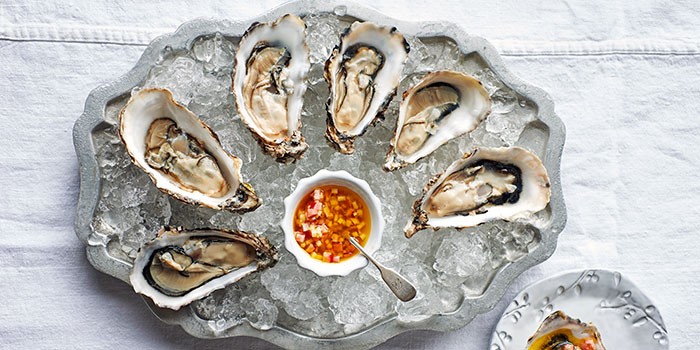
Several reasons are suggesting why oysters are not the best food option for a cat. But the most consequential of them all is the enzyme content it has. The enzyme can impair the thiamine of a cat and lead up to having drastic long-term effects on the cat’s welfare. If the lack is in abundance and severe, the poor fellow might start facing neurological problems such as seizures, etc.
What is thiamine?
It is a vitamin crucial for cats. It is integral no less than a necessity for a cat to have the requirement of thiamine fulfilled in its body. All the high-functioning organs use it up in a cat, most notably the digestive and nervous systems. It is not customary for a cat to develop thiamine deficiency if it is fed a healthy diet. Being fed the wrong food such as oysters or raw fish can suck the vitamin out of your cat’s body, leaving it prone to serious health complications.
Pollution and how it affects the cat’s health adversely.
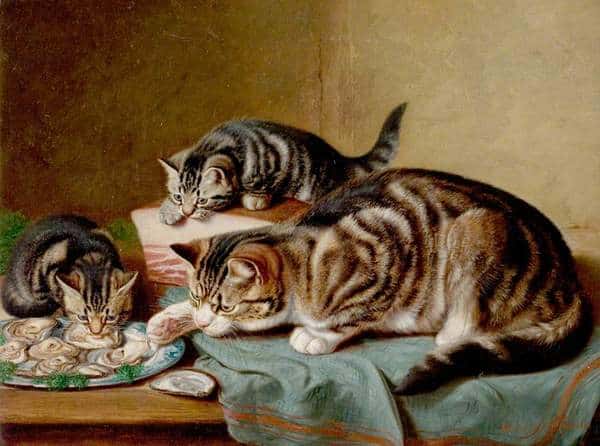
If you have been a cat parent for a lengthy time, you would know the vulnerability of their stomach. They are easier to fall prey to any minor health inconvenience. For this reason, there should be no slight compromise in terms of what they are served.
Oysters, as a whole, compromise their good kilter unless you are particular about the environment they are coming from. Oysters, due to their ecological function, filter the ocean water of any impurities. Therefore it might not be a matter of astonishment that some of the environmental waste seeps its way into the edible part of the oyster. They are bringing into concentration the increasing amount of water pollution. It would not be wrong to establish a direct correlation between the effect pollution has on oysters.
Like humans, oysters’ intake is not detrimental to our health due to our immune systems being more strengthened and our body weight. Whereas on the other hand, a cat’s body does not cater much margin for ups and downs. Oil spills from ships, litter, and other human waste can bring your cat down to its lowest point. Bloating, indigestion and diarrhea are a few symptoms your cat might have if it has had an intake of oysters.
Can a cat die of eating oysters?
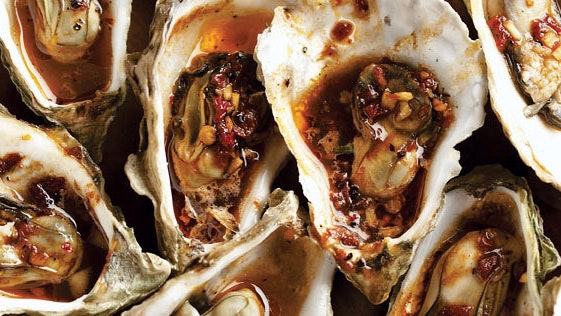
From a humanistic perspective, you may think, how can oysters prove fatal to my cat? I thought they were wrapped in nutrients and vitamins. You are not wrong, but it is also essential to be mindful of the risks. After weighing them carefully, you should draw a satisfactory conclusion.
You will be awestruck to know cats can die from eating oysters. Raw oysters, especially, are a disaster of their own. Both cooked and uncooked oysters can throw your cat off the track. The likelihood of an uncooked oyster taking the life of your pet is higher than a fried or steamed oyster. It contains an extremely lethal bacteria known by the name of vibrio vulnificus. It is not that humans are immune to these bacteria. It can cause stomach issues in us as well. But diarrhea a cat might suffer from due to the murderous bacteria that can kill it! Eventually, if remaining untreated for an imperceptible time, it can make the cat dehydrated, which would be the grounds to put your cat to eternal sleep in severe conditions.
Pollutants are equally a risk factor that can follow your cat to its grave. There might not be any observable symptoms in your cat after having dined into an oyster. Unfortunately, that does not indicate the passing of the risk. Therefore, oysters from polluted waters can poison your cat gradually and be the reason for physical damage as well.
Beware of commercial food!
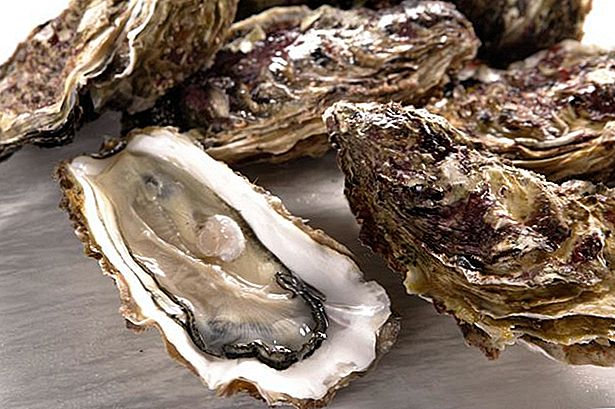
Psychologically we tend to think whatever food is being sold in tins and cans lies in danger-free zones. In comparison, the truth is entirely contradictory! Only because a food tin has reached your grocery trolley after having passed through a factory does not ensure anything.
Cat foods, for the reason of diversity, are made of various ingredients. It may be that some cat foods contain oysters to give a taste of ‘seafood’ to your cat. They are to avoid just as much as raw oysters. Commercial foods with oysters can be health-wise injurious to your canine fellow as well.
Do cats like oysters?
Cats are drawn to the smell of seafood, including oysters. Whether fried or steamed, your cat might look at you in a demanding manner if you are dining in oysters. Trust us when we say we know how difficult it is to resist them. You will have to put on your brave face and deny your cat any bit of the treat. For the sake of keeping your morals high, keep hold of the thought that it is only for the cat’s wellbeing.
What is the alternative to oysters for your cat?
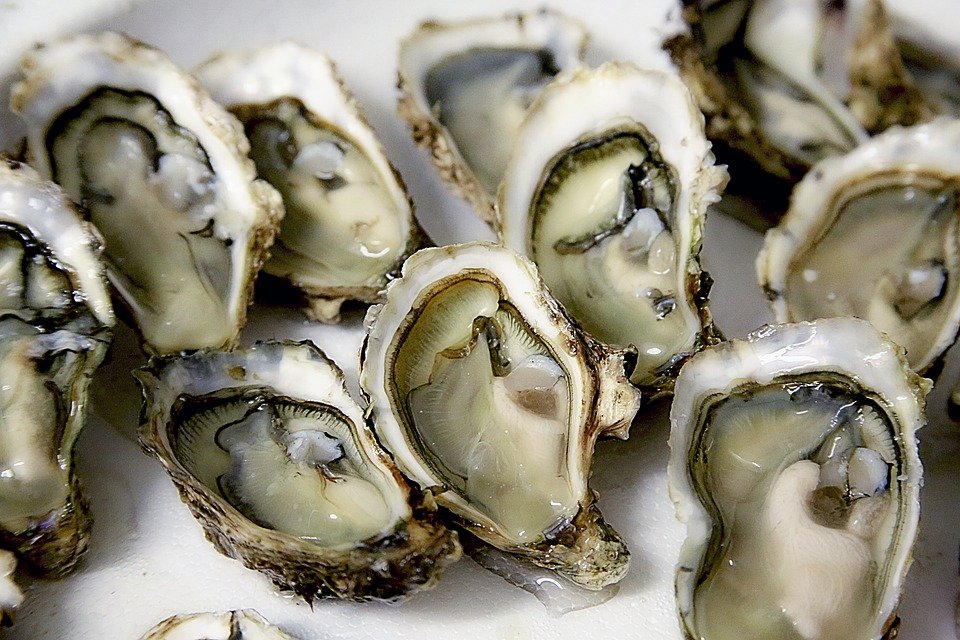
If you want to let your cat try seafood, the best alternative is fish. Commercially sold cat food containing fresh is perfectly healthy for the cat. In addition to that, it is also complemented with thiamine. If put in comparison to oysters, it is better to opt for fish every single time. With that being said, foods like such should be kept to the extent of an occasional treat to please your cat. Introducing it immediately as something of a routine diet can disturb your cat.
What do I do if my cat ate an oyster?
Before you do anything else or try a home remedy, contact your vet. Inform him of the situation in detail and do according to what is recommended. If the circumstance is beyond your knowledge of catering to a cat, book an appointment with the doctor as soon as possible.
Furthermore, it is preferred to follow a symptomatic treatment. If your cat has developed indigestion or any other gastrointestinal problem, feed it a meal high in dietary fiber. Doing so will help it pass out whatever is being a nuisance inside your cat’s body.
If you observe thiamine deficiency signs, quickly attend to it by serving it foods that are enriched with a high content of thiamine to refrain from any further damage. Purified water will also help in the case of dehydration.
Bear in mind that none of these are treatments that will rid your cat of the underlying cause of any discomfort. These may help lessen the distress, albeit safe from any health risks, you will have to follow a medicinal treatment.
Final Verdict
Oysters are not safe for your pet under any given circumstance. Feeding it even a small amount can cause massive issues health-wise. If you are the cat parent to an elderly or baby kitten, we strongly advocate you stick to a healthy diet. Experiments are rarely of recommendation when it comes to your precious one. However, if you are insistent on sharing only a chunk of the oyster on your plate with the cat, be sure it does not come from a polluted water body. Afterward, you should incorporate more healthy foods in your diet to compensate for any loss or damage done to its good shape.
